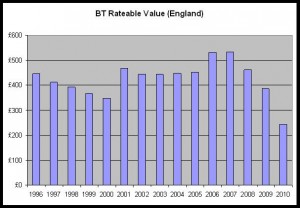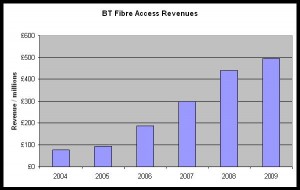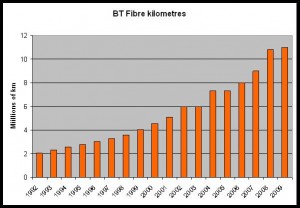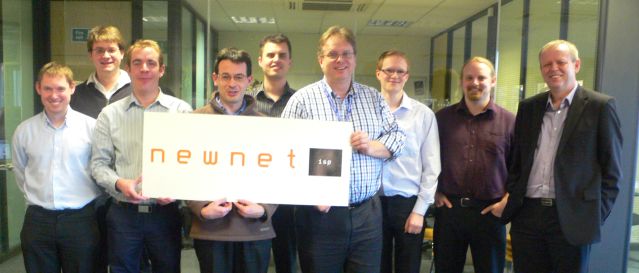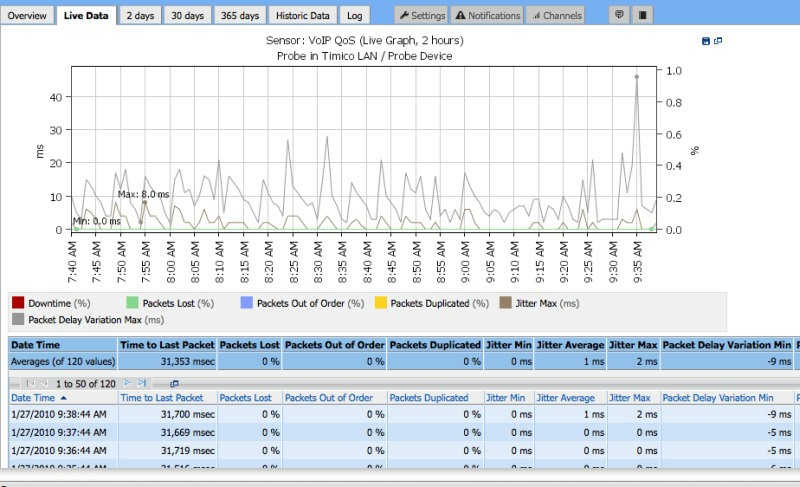It looks like nothing was found at this location. Maybe try a search or one of the links below?
Virgin Media Business threw a terrific launch party at the RIBA premises in Portland Place, London last night. Most of the ISP industry was there in one shape or form.
The hour’s worth of presentation (no such thing as a free launch party) wasn’t too onerous and the speech by rugby world cup-winning coach Sir Clive Woodward was entertaining – ask me how many F words he used when you see me next.

